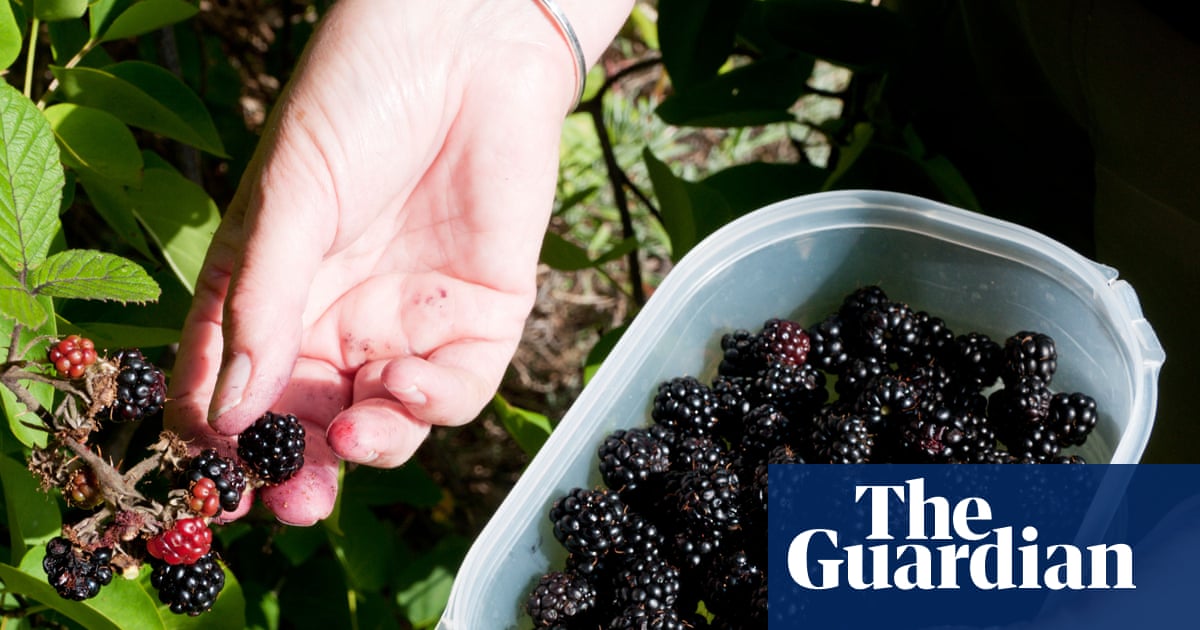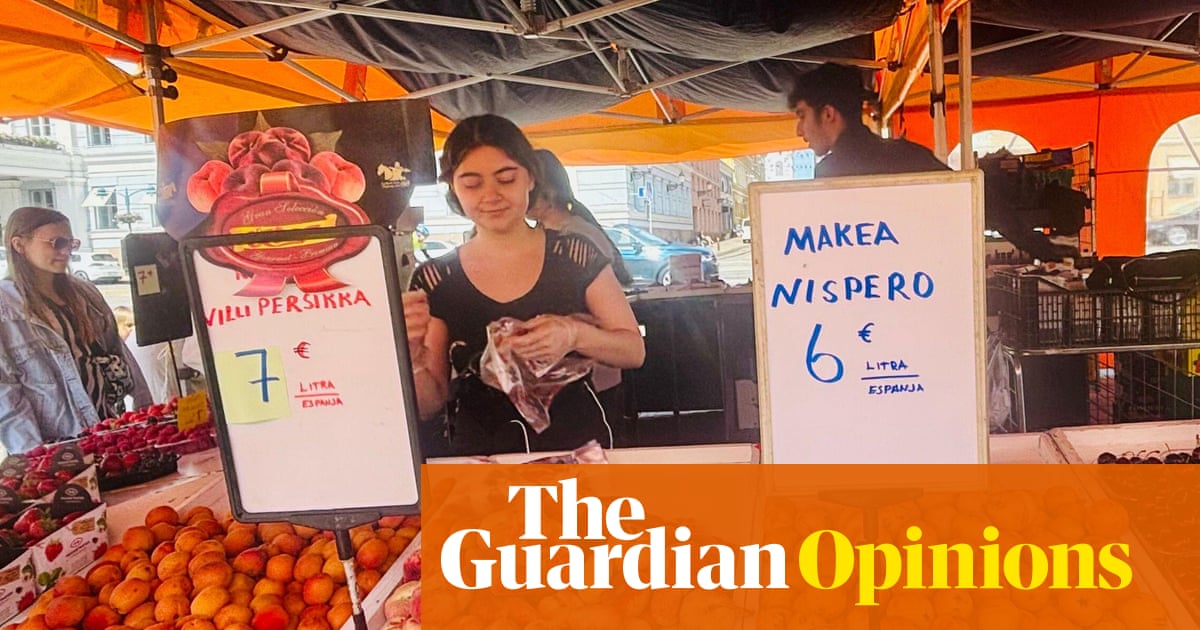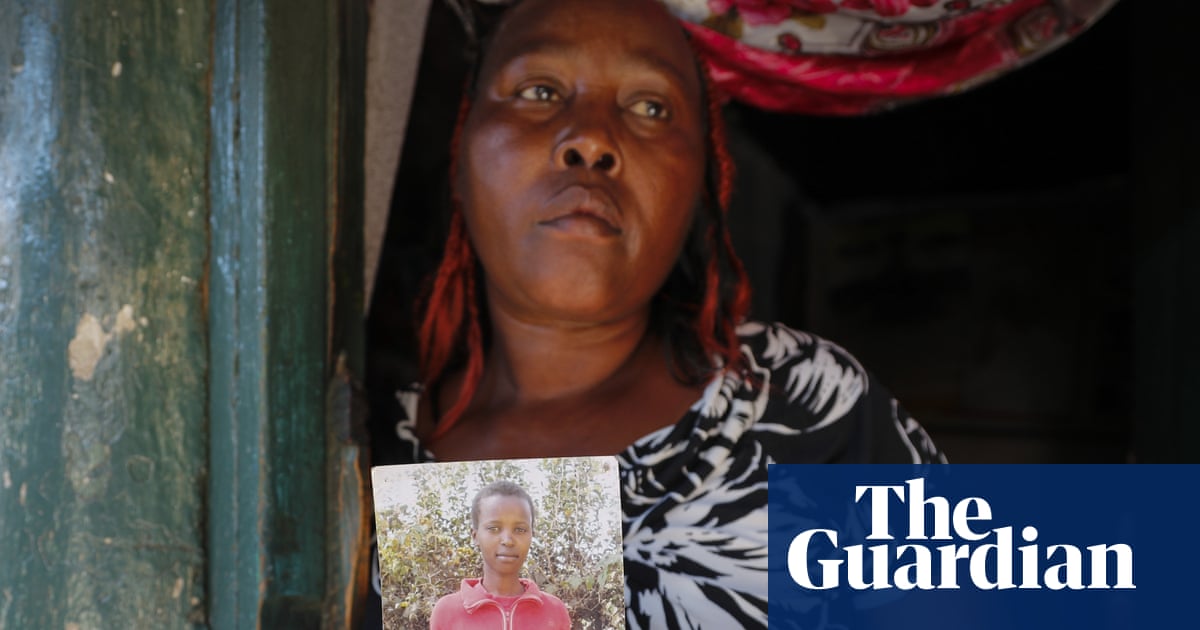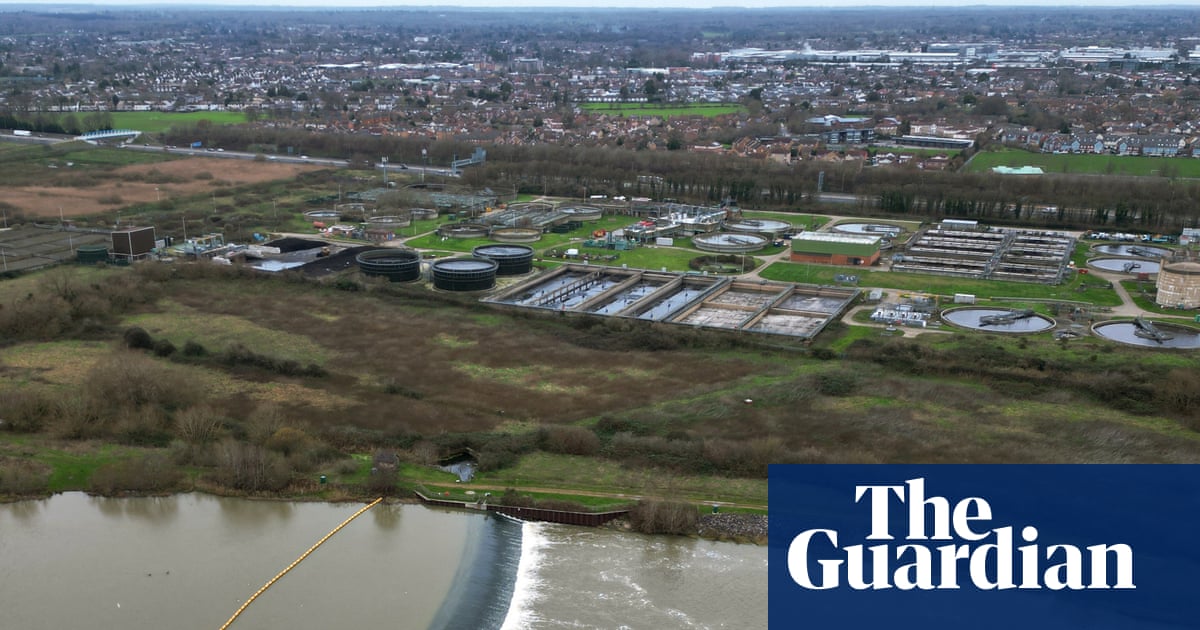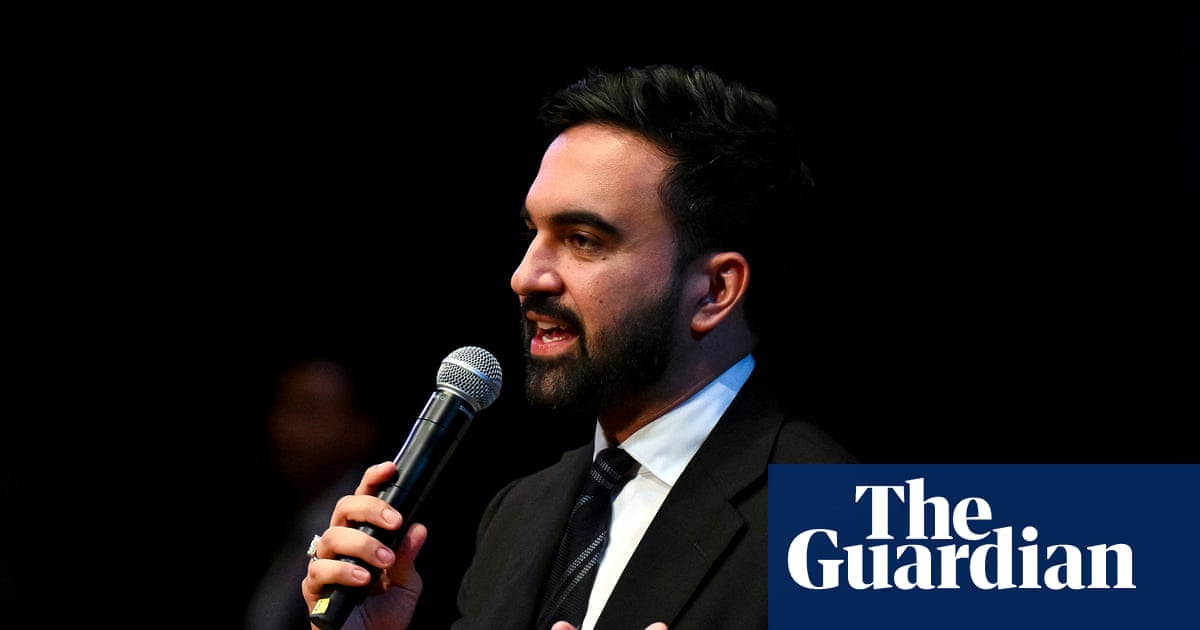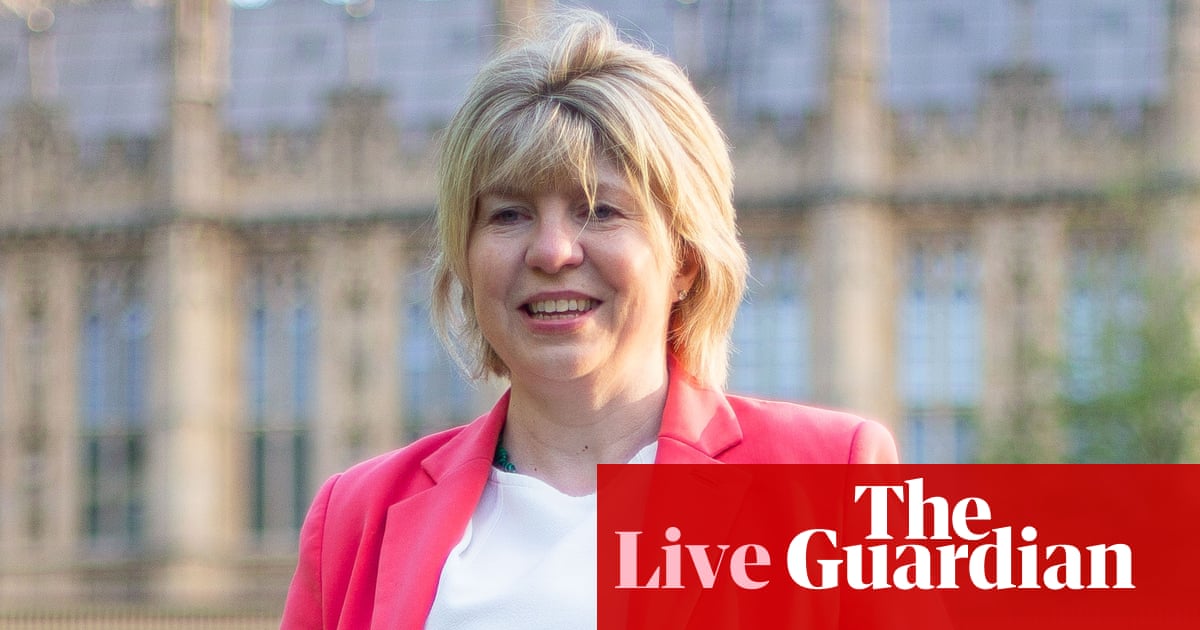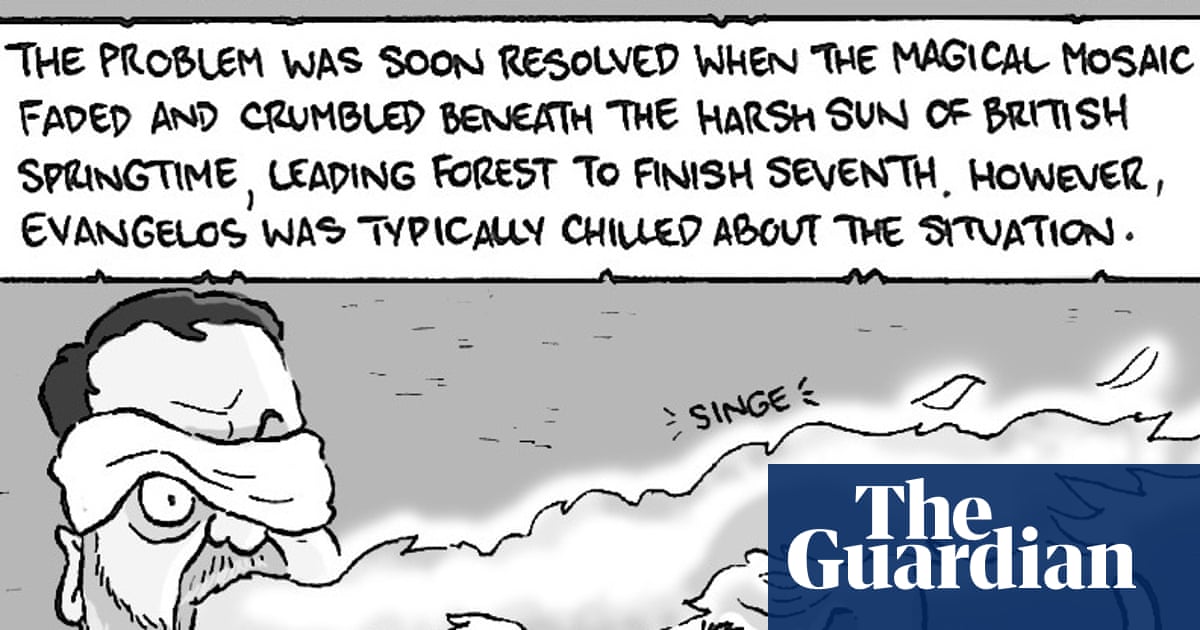Police hunting for people who use small amounts of cannabis is a waste of scarce resources, and diverts officers from tackling much more serious criminals, a former police chief has said.
Brian Paddick was a senior Metropolitan police officer who in 2001 pioneered the limited decriminalisation of cannabis in a pilot scheme in Lambeth, south London. His comments come after the mayor of London, Sadiq Khan, backed calls for the partial decriminalisation of cannabis possession.
Critics of Paddick’s scheme said it was dangerous, while Paddick and his supporters said it was a success.
A former Liberal Democrat candidate to be mayor of London, Paddick was speaking in a personal capacity about his time as a Met officer trying a new approach on dealing with drugs.
Now a member of the House of Lords, he told the Guardian the scheme had helped ease community tensions in the borough, which included areas such as Brixton: “When I was the police commander in Brixton I was very concerned about the impact of the policing of possession of small amounts of cannabis was having on police and community relations.
“It was diverting scarce resources away from issues that were a priority for the community. In particular, street robberies, burglary and hard drugs such as crack cocaine and heroin.”
Under the scheme, those caught with small amounts of cannabis for personal use were given a warning and their drugs were confiscated.
Paddick said officers would spend hours processing cannabis arrests that would result in minor punishment, such as a caution or conditional discharge: “We were wasting a lot of money for something that was not a priority at the time.
He added: “80% of local people were in favour of the effective decriminalisation of cannabis for personal use.”
Paddick is now a non-executive director of the Metropolitan police, and in such a role is an adviser to the commissioner, Sir Mark Rowley, and his senior management team.
Paddick said: “Any change is clearly going to be led by the government and not the police.”
He denied that limited decriminalisation amounted to going soft on drugs: “When I was in Lambeth there were a lot more important things police needed to spend their time on and it was doing a lot of damage to police community relations.
“The policing of small amounts of cannabis is disproportionately focused on young Black men. I think the argument that cannabis is a gateway drug is no longer considered to be a credible theory.”
Paddick said he didn’t understand the distinction drawn by the report released on Wednesday for Khan, between natural cannabis and other forms: “If they are trying to differentiate between herbal cannabis and skunk, it is going to place the police in an impossible position. How do they tell the difference?”
A report on the Paddick pilot scheme, which ran from 2001 to 2002, found support among police officers, which surfaced during a consultation: “During this consultation officers complained that they spent a considerable amount of time dealing with arrests for possession of cannabis and this detracted from their ability to deal with high priority crime such as street crime, tackle class A drugs and respond to emergency calls.”
The report on the scheme by the then Metropolitan Police Authority, which oversaw the Met, said: “The main practical difficulty in enforcing the scheme was that there is no legal definition of what constitutes a ‘small amount’ of cannabis. This created practical difficulties for officers … In practice, officers regularly consulted their supervisors when difficult cases arose. Even if a legal definition had been provided, there was a widespread belief among many officers that drug dealers would exploit the situation by possessing small quantities and hiding larger quantities nearby.”
The report concluded: “The Lambeth Cannabis Warning Scheme was an innovative project which achieved its primary objective of saving officers’ time.”

.png) 3 months ago
47
3 months ago
47




